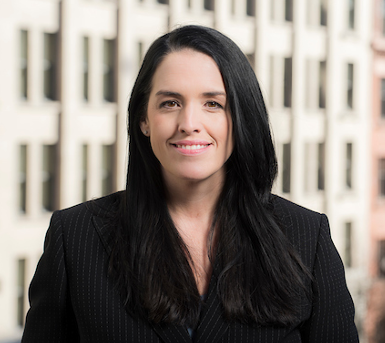Condo-HOA Blog
Deck the Halls... Part "Tree"
This is the third of three posts that address holiday decorations and related rules enforcement. Before Thanksgiving, we addressed issues related to community decorations put up by associations and last week we covered decoration rules for owners. This final installment focuses on the need for neutral enforcement of the rules related to holiday decorations.
Neutral Rules Must be Enforced Neutrally
Associations should also know that even a rule that appears neutral on its face can subject an association to liability if it is enforced discriminatorily. In the case mentioned above, Bloch v. Frischholz,587 F.3d 771 (7th Cir. 2009), the court analyzed one association’s application of a neutral rule. Ultimately, the court held that the owner’s claims against the association for discrimination were viable under both the FHA and the Civil Rights Act.
The facts of the case are astonishing. The Blochs were orthodox Jews who had, for almost 30 years, displayed a mezuzah – a small box containing a scroll of parchment inscribed with passages from the Torah – outside their doorpost in the condominium hallway (see an example below).
In 2001, the condominium association enacted a set of “hallway rules” prohibiting objects to be placed in the hallways outside unit doors. The hallway rules contained typical prohibitions and appeared neutral. No welcome mats, shoes, carts, signs, nameplates or “objects of any sort” were allowed outside unit entrance doors. In 2004, after a hallway painting project, the association suddenly began removing and confiscating the Blochs’ mezuzah. The association had also confiscated crucifixes, wreaths, Christmas ornaments, political posters and at least one Chicago Bears pennant.
Notably, the court recited other anti-Semitic actions of at least one board member, including moving board meetings to Friday nights so that Jewish members could not attend if they observed Shabbat and the removal of the mezuzah during the funeral of Mr. Bloch even after the association had promised that it and other traditional post-funeral items could remain in the hall during Shivah. The family returned home from the funeral with their rabbi and guests only to find that the mezuzah had been removed.
Thus, the issue in the case was not the existence of the neutral rule, but its discriminatory application.
“The whole point of the Blochs’ case, however, is that the Association, under the guise of ‘interpreting’ the rule in 2004, transformed it from a neutral one to one that was targeted exclusively at observant Jewish residents.”
Ultimately, the 7th Circuit court held that the owners had stated a cognizable claim against the Association for religious discrimination under the Fair Housing Act, which makes it unlawful to “discriminate against any person in the terms, conditions, or privileges of sale or rental of a dwelling, or in the provision of services or facilities in connection therewith, because of race, color, religion, sex, familial status, or national origin.” 42 U.S.C. § 3604(b). Prior to this decision, the common understanding was that this provision applied only to pre-sale activities. But the court noted that the language in the FHA mirrors that of Title VII in the employment context, which has been ruled to extend to both pre- and post-hiring scenarios.
Ultimately, the court cautioned against the interpretation that an association must allow religious exceptions to neutral rules:
“The Association's failure to grant a ‘mezuzah exception’ is not tantamount to intentional discrimination.”
In other words, the owners would have to show that the association interpreted its rules to apply to the owners’ religious symbols “because of” their religion and not merely “in spite of” their religion.
The Bloch case serves as a good reminder that community association rules apply to everyone in the community, regardless of religion, philosophy, or upbringing.
So rules need to respect all religions. Keep this in mind for your Associations to help maintain the...
Happy Holidays!



